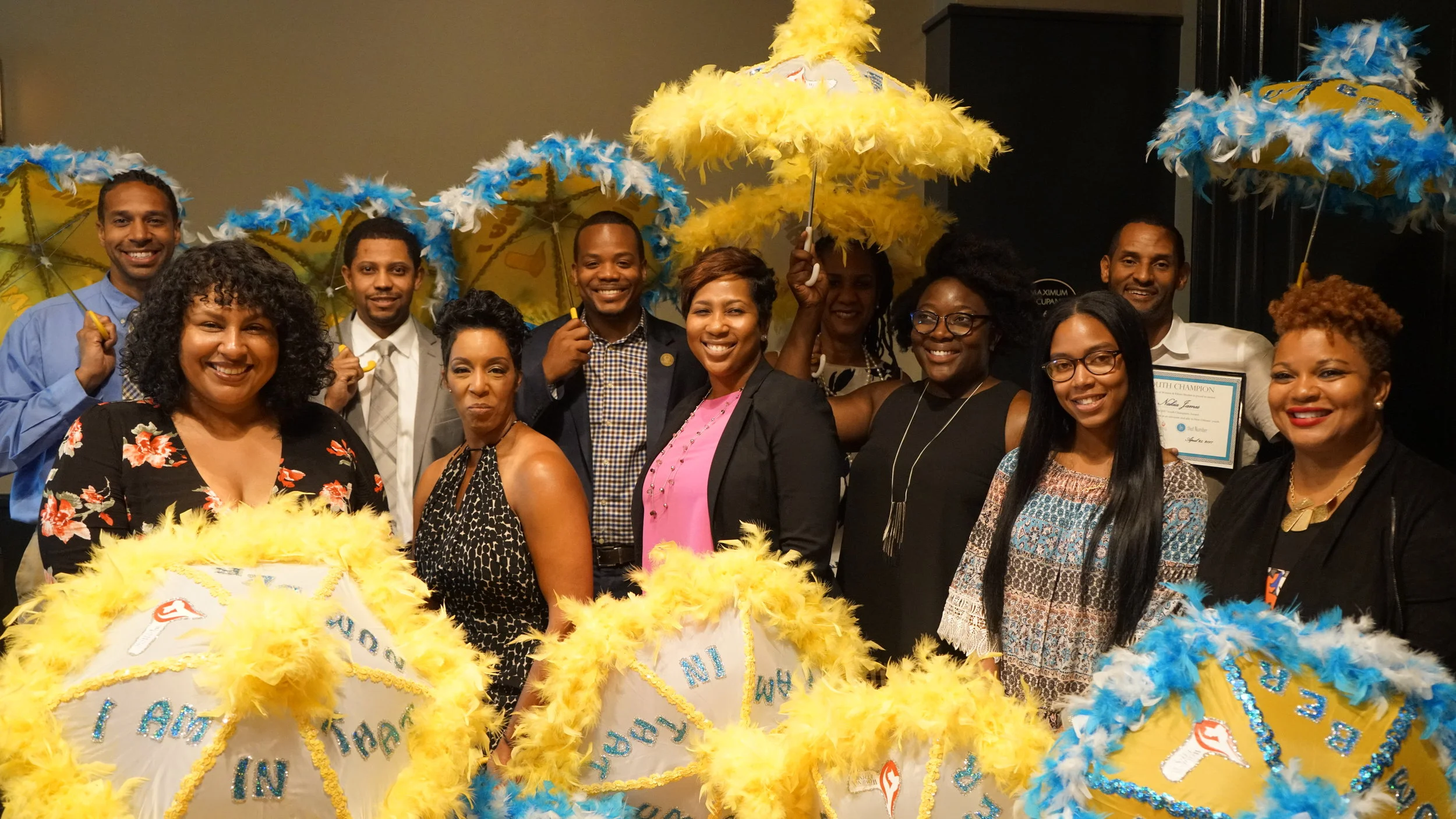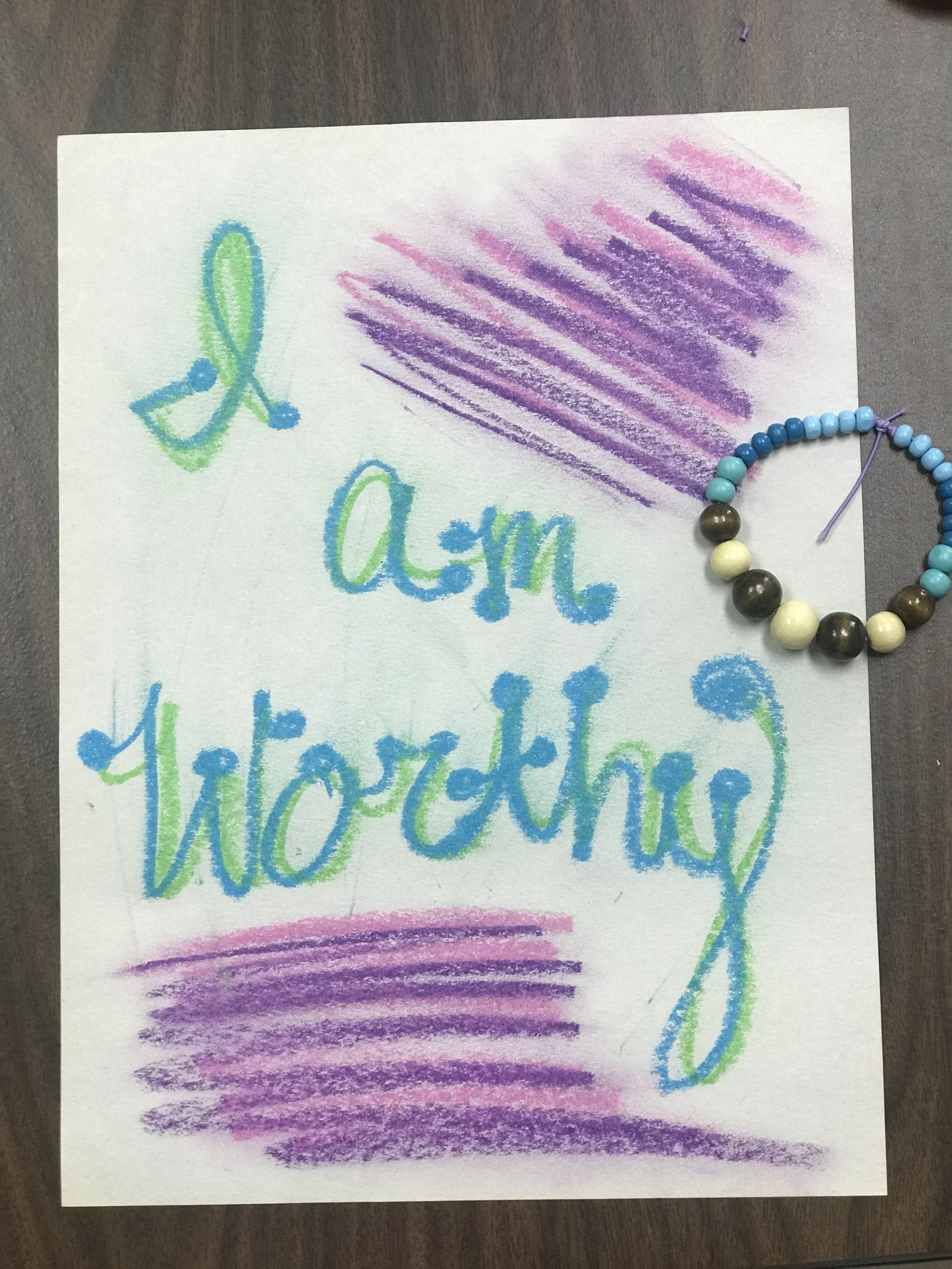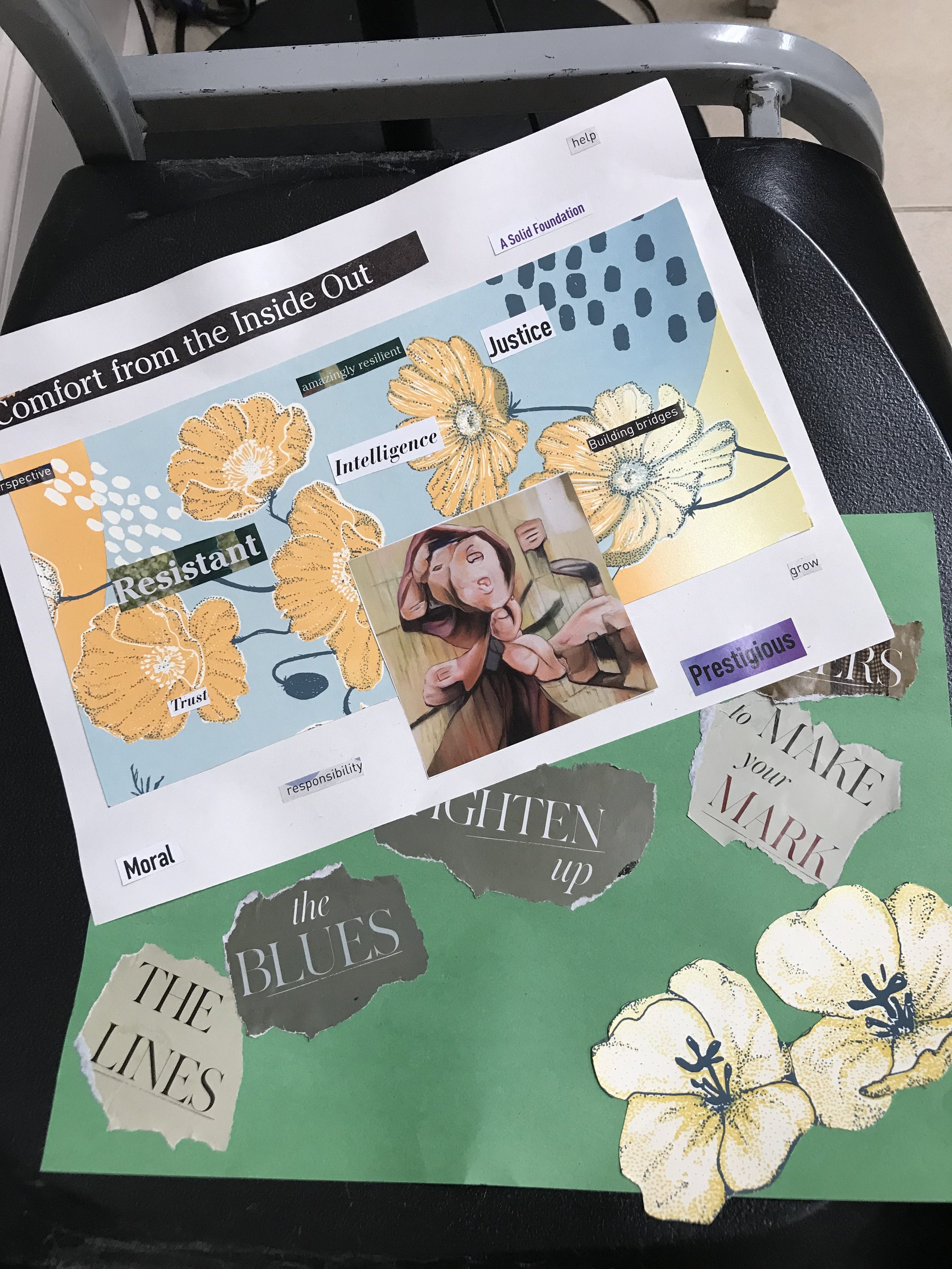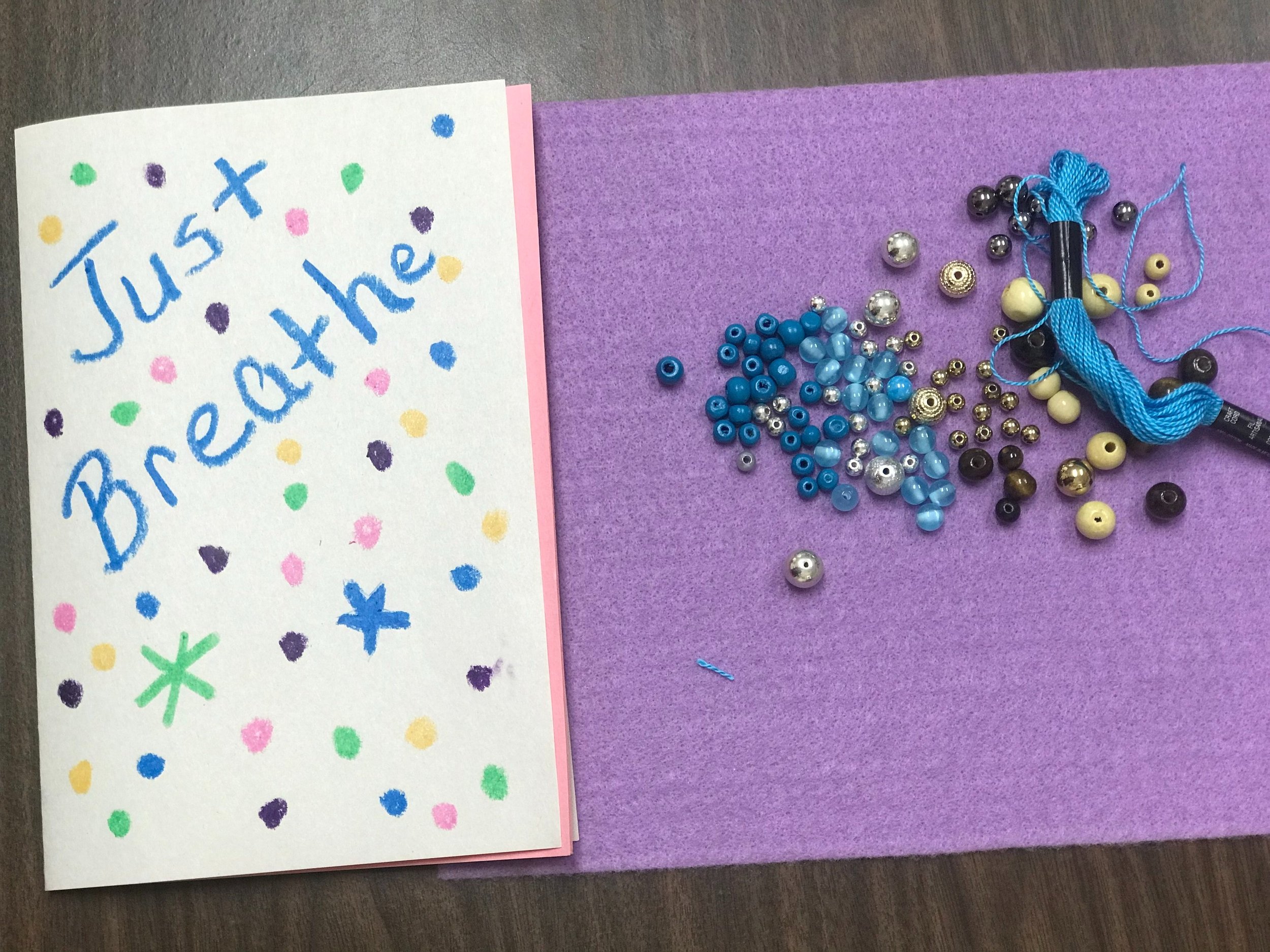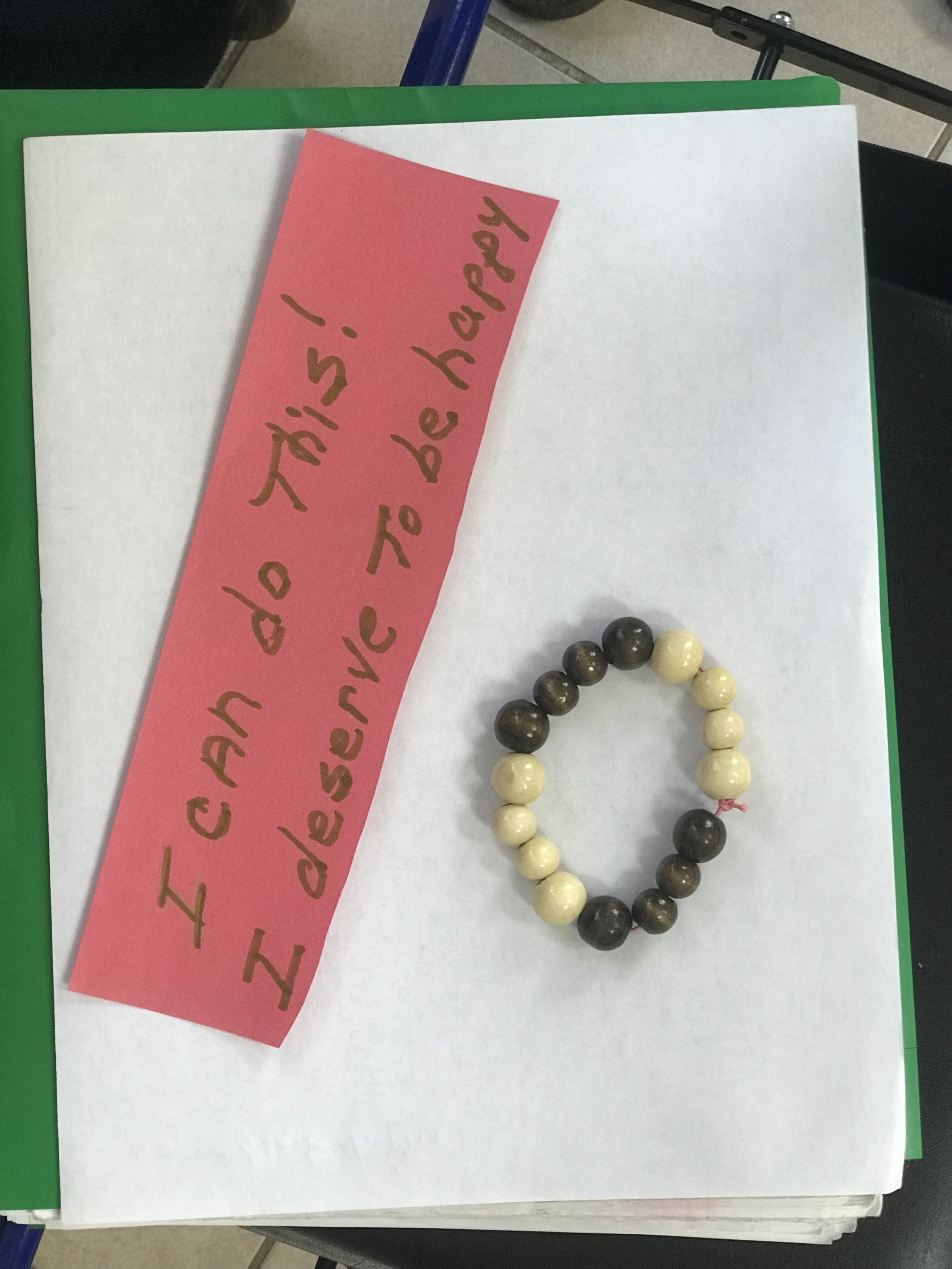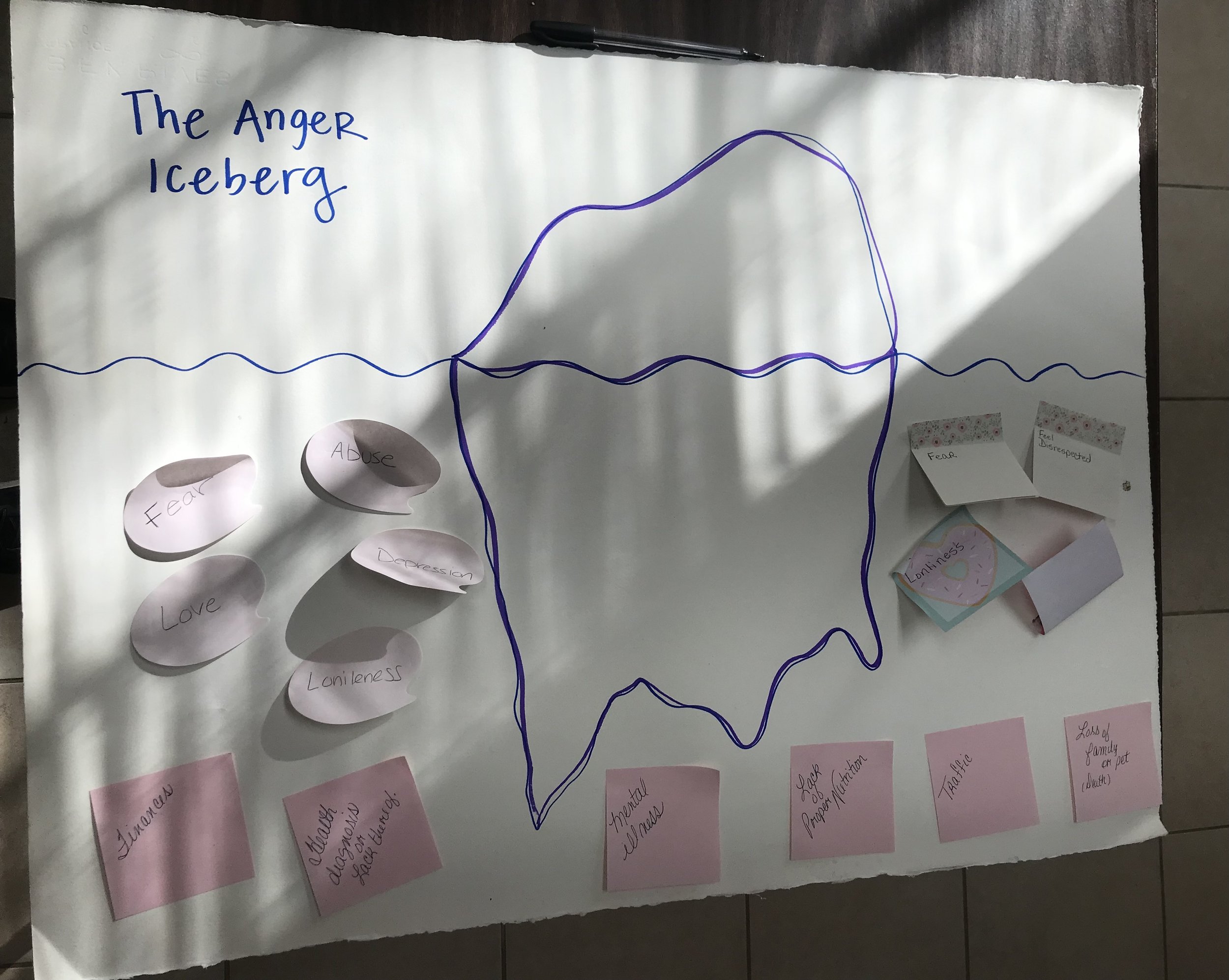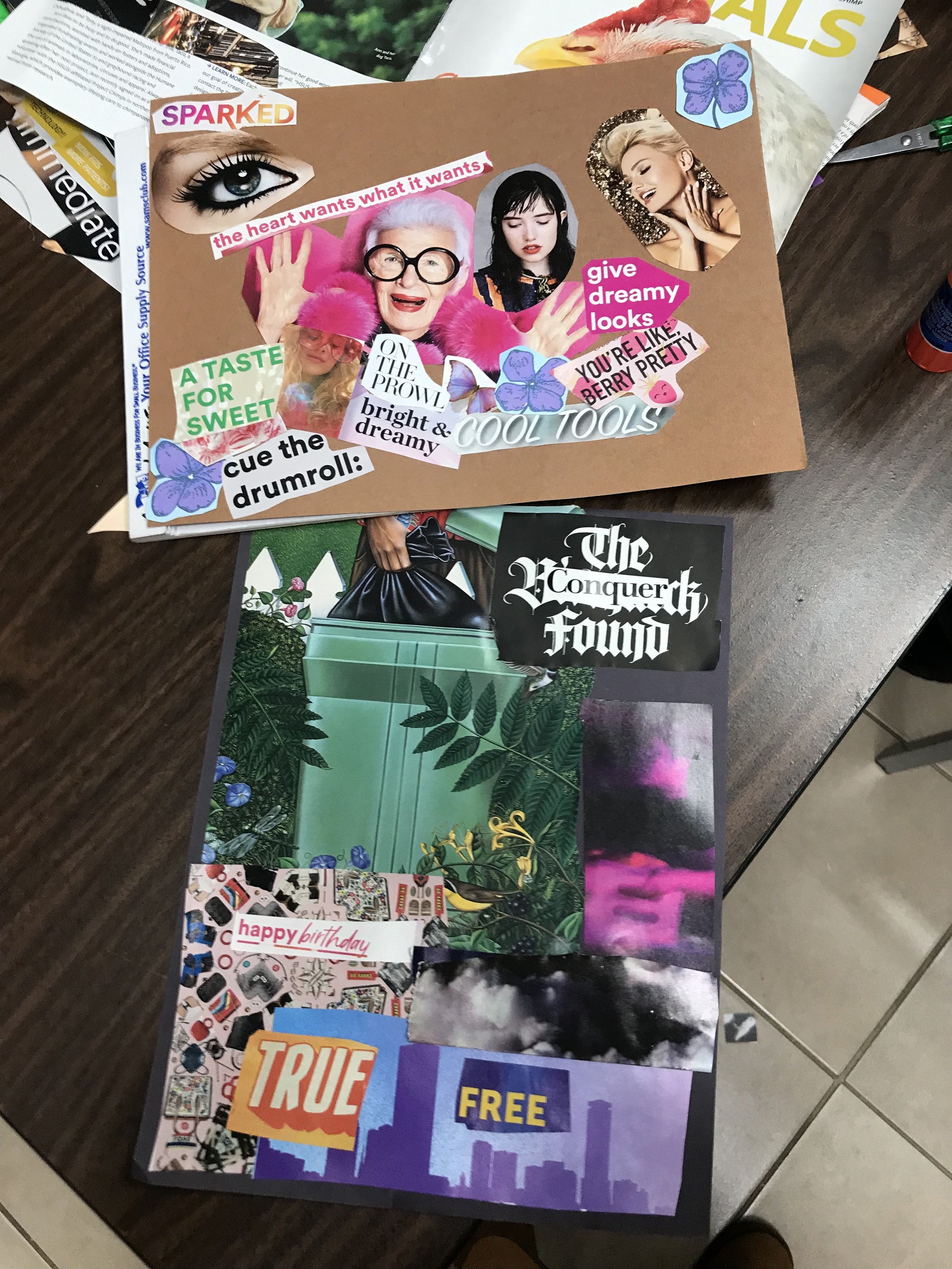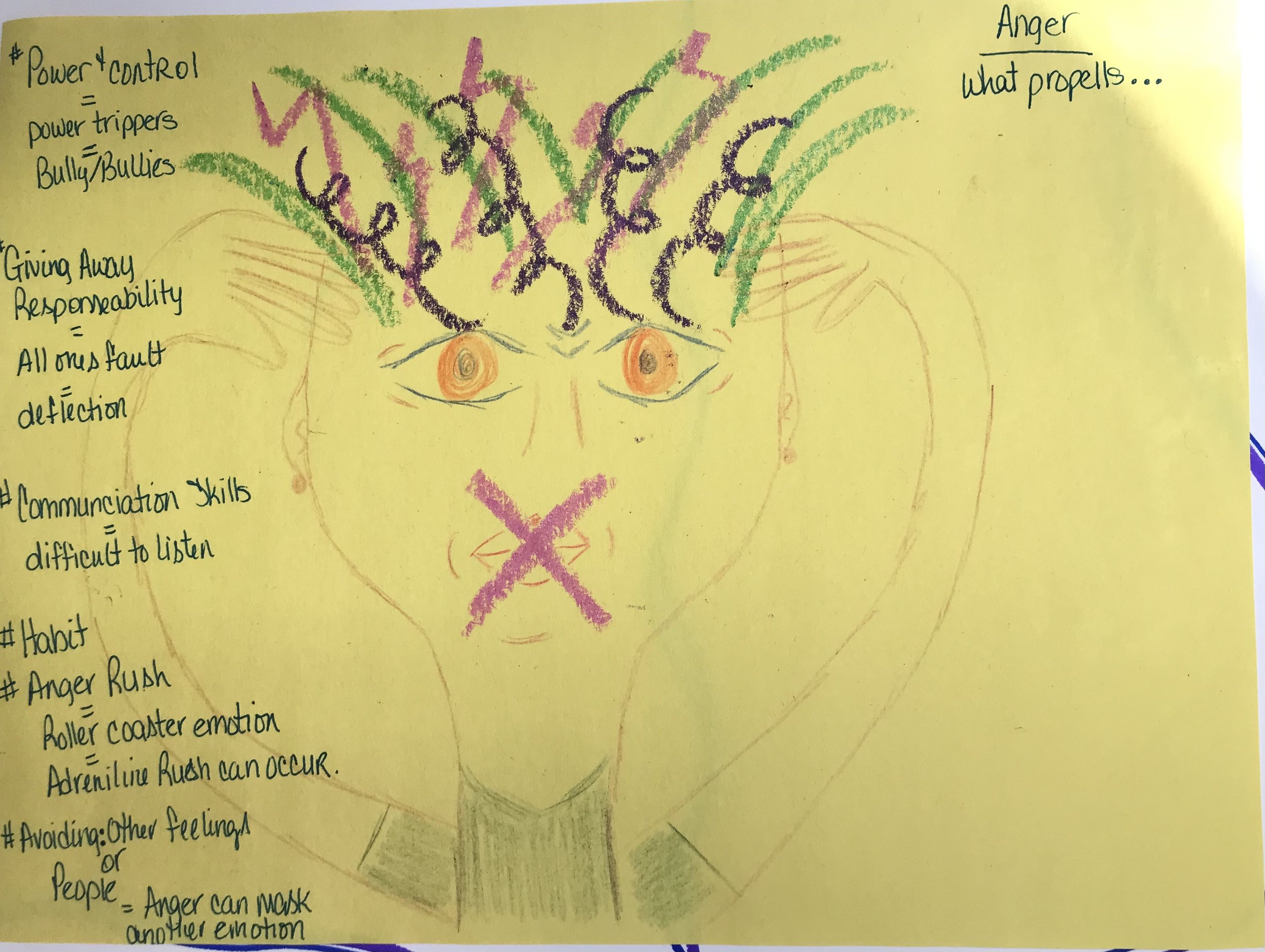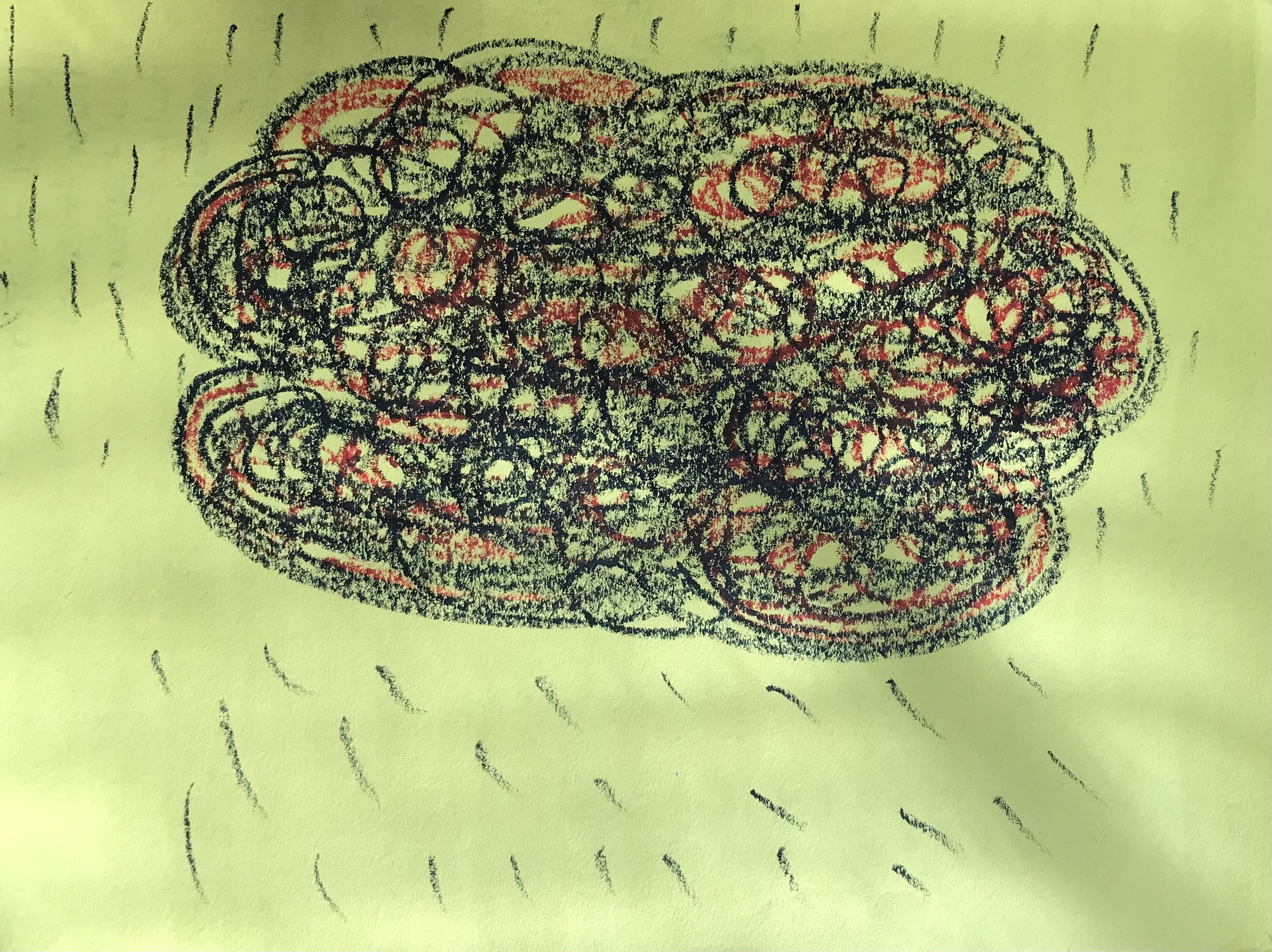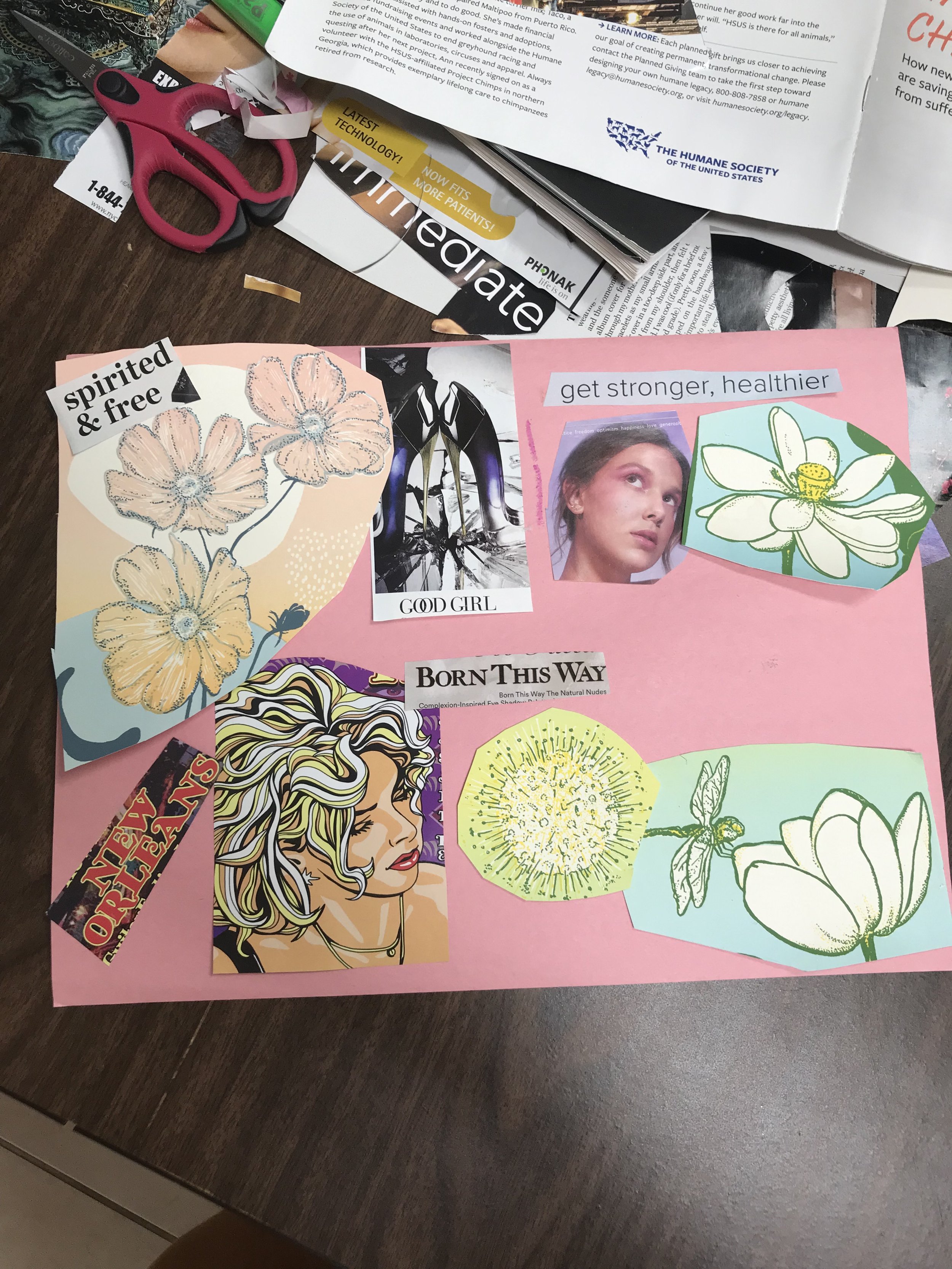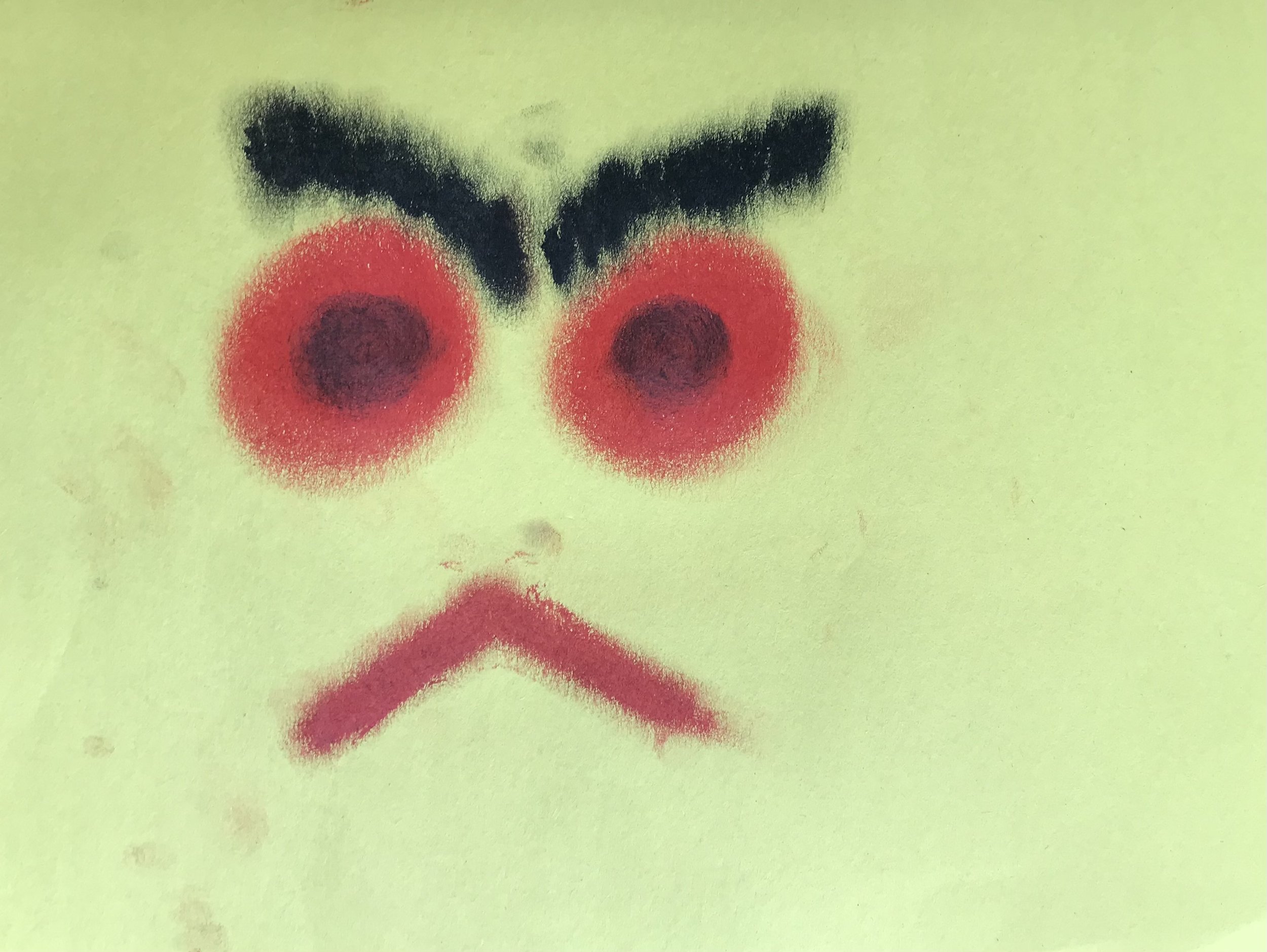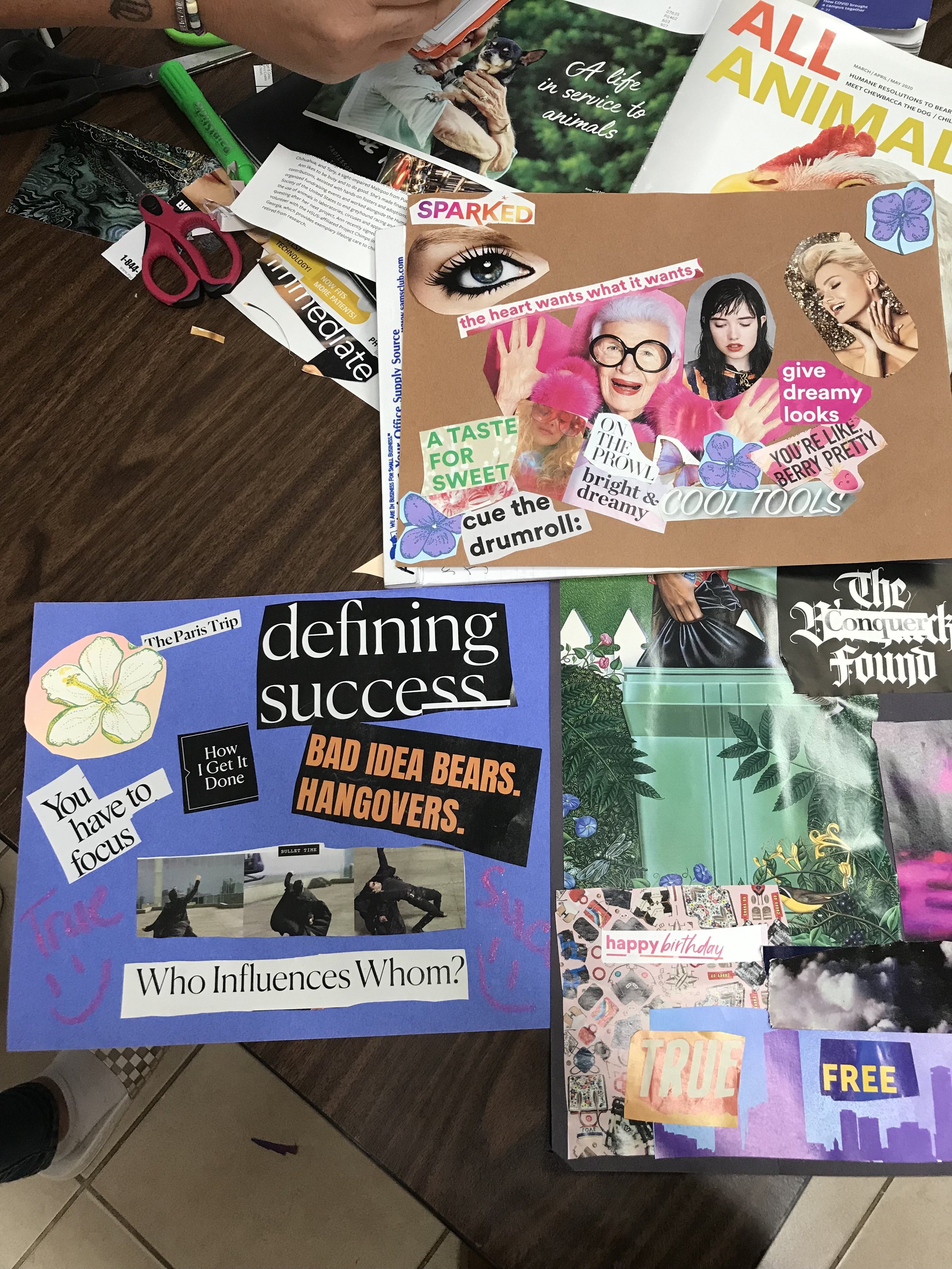Collective for Healthy Communities
The Collective for Healthy Communities (CHC) is an initiative that provides community-level interventions that promote well-being and resilience using a social-ecological approach (focusing on the individual, interpersonal, community and societal levels). In addition, CHC advocates for policy changes that reduce the impact of traumatic exposures in children-at school, in the community, and in the home. CHC is funded by the W. K. Kellogg Foundation.
In its first year, our In That Number campaign had 10 million billboard impressions and bus ads were seen over 30,000 times a day for 6 months.
In That Number (ITN) is a public will campaign designed to change negative ideas about young people while advocating for youth-focused trauma-informed care services. The campaign also aims to break the school-to-prison pipeline and reduce school suspensions by promoting restorative and transformative justice. Beginning in 2012, CHC designed and has been conducting an Emotional Wellness Survey (EWS) to measure symptoms of poor mental health including depression, PTSD, and suicidality. The high levels of mental health symptoms and exposure to violence pushed IWES to create a strategy to change these statistics. ITN launched in 2016 aiming to change peoples' view of youth that "act out" from "bad," to possibly "sad" and in need of support services (#SadNotBad). The campaign includes a mix of traditional (billboards, bus ads, television PSA, newspaper articles) and new/social media tactics and features short narratives and powerful images from diverse youth that describe the trauma they experienced and the responses they received from the adults and systems around them. To provide the story behind the numbers, our EWS data is paired with each story to relate them back to the issues youth of New Orleans face.
In 2017, CHC embarked upon a new program that added a new layer to the In That Number campaign, IWES received a grant from the Open Society Foundations to address the rise in harassment, violence, and social marginalization of vulnerable racial and LGBTQ populations in New Orleans. Communities Against Hate (CAH) offered services to address trauma in youth stemming from negative language, hate crimes, and racism that they experience. The intervention included crisis assessments, intervention services, and professional trainings for people working with youth. CAH screened over 140 youth, 63 of which required a follow-up assessment to determine whether or not additional mental health services were needed or desired. Of those 63, 10 were referred to mental health professionals fro additional supports and services. CAH also created a new focus of In That Number, #WeThe504, which highlights stores of adults who have created inclusive, accepting, and compassion spaces through their actions in or around schools. #WeThe504 included stories from teachers, mental health professionals, students, and parents who embodied an inclusive New Orleans through action and advocacy. The stories were highlighted on all IWES social media platforms and on billboards throughout the New Orleans area.
Collected from 1200 youth between 2012-2015, some of the early statistics that the campaign shared are that: 20% of youth surveyed experienced PTSD in their lifetime; 30% of youth surveyed worried about not being loved; 40% of youth surveyed witnessed a shooting, stabbing or beating; and 54% of youth surveyed experienced the murder of someone close to them.
40%
54%
140
63
Coalition for Compassionate Schools (Cforcs)
The Coalition for Compassionate Schools (Cforcs) also known as Trauma-Informed Schools Learning Collaborative and Safe Schools NOLA has been dedicated to improving trauma-informed care for students and school communities. Cforcs’ mission is to build the capacity of schools, students, and parents to create transformative change in education through the adoption, implementation, and sustainment of trauma-informed, healing-centered practices. Cforcs is supported by approximately ten organizations throughout the city of New Orleans that provide mental health, healing-centered care, and trauma-informed care to children and families. Since 2015, other organizations that have worked with Cforcs and supported the work include: Beloved Community, Children’s Bureau of New Orleans, Louisiana Public Health Institute, New Orleans Children and Youth Planning Board, New Orleans Health Department, New Orleans Youth Alliance, NOLA Public Schools, Project Fleur de lis, and Tulane University.
Cforcs’ Training of Trainers (ToT) program focuses on preparing schools and communities on trauma-informed approaches. ToT is a two-year project designed to increase the capacity of school leadership teams and educator peer support teams to design and install trauma-informed multi-tiered systems of support (TI-MTSS) for students and educators. Trauma-informed schools 1) create physically and psychologically safe environments that realize the widespread impact of trauma and understand potential paths for recovery to allow students, educators, and families to experience dignity; 2) recognize the signs of trauma and healing in students, families, and staff to create an environment that promotes belonging; and 3) respond in ways that resist re-traumatization by fully integrating knowledge about trauma and healing into policies, procedures, and practices that support emotional regulation skills to build agency. ToT is specifically designed to build the capacity of teams to address universal needs in the following areas:
Identify students needing support through the Universal Social Emotional Behavioral Screening process
Support Multi-Tiered System of Support Teams to develop specific pathways of support for students
Form a school steering committee that will shape the vision and goals for the two-year project. The steering committee will meet once a month on-site for the duration of the project to receive individual consultation, conduct data review, and participate in systems coaching and development
Build a Peer Support Specialists team that will pilot trauma-informed practices in their classrooms. These educators also receive coaching development to help model and train their peers in these practices
Train all staff during a 4-hour introductory professional development in Year 1 led by ToT Staff
Support with increasing Family Engagement
For more information about Cforcs and to review resources for teachers, schools, and researchers, visit their website www.cforcs.org or email info@iwesnola.org.
Hotel Hope
Hotel Hope (HH) is a non-profit, interfaith organization that provides short-term housing for women and their children while offering case management and other transitional supportive services. Using a trauma-informed approach, IWES social workers facilitate a bimonthly Women’s Empowerment Hour (WEH). The Women’s Empowerment Hour offers psycho-education and space for connection, processing, and peer support among the mothers at Hotel Hope. Topics include coping with trauma and stress, healthy relationships, substance use, women’s reproductive health, education on child development, and art-based activities to nurture a healthy parent-child relationship and secure attachment.
